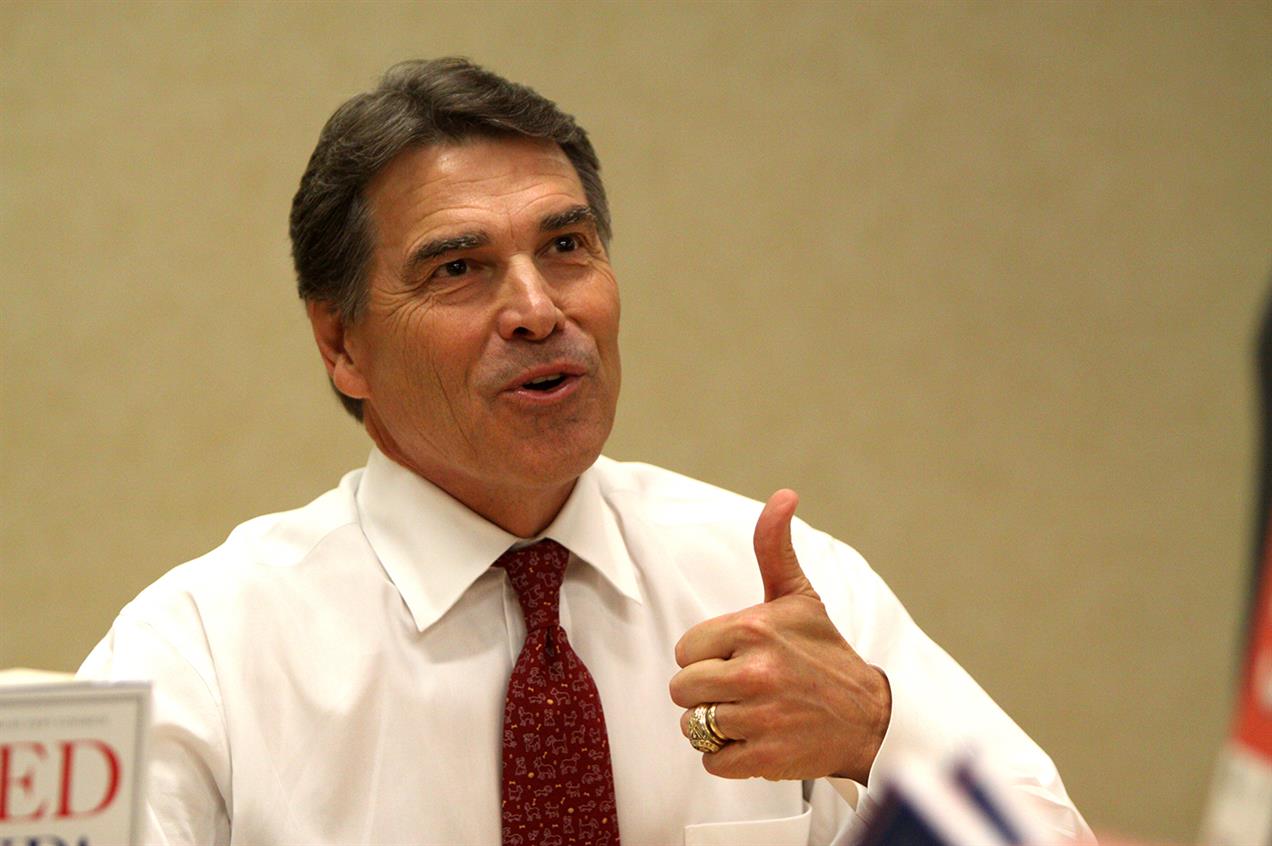In a to the Federal Energy Regulatory Commission (FERC) in September, US energy secretary Rick Perry wrote: "Distorted price signals in the commission-approved organised markets have result in under-valuation of grid reliability and resiliency benefits provided by traditional baseload resources, such as coal and nuclear."
Perry recommended FERC pay these sources of energy so they could continue to provide baseload supply. This suggestion has been met with fierce criticism from industry and politicians.
AWEA, with 11 other industry associations from the gas, solar, storage, and biogas sectors, submitted a response to FERC claiming the rule proposal was unfair to the other technologies.
"We are encouraged to see overwhelming recognition that the proposal would undermine competitive electricity markets, harming consumers and reliability in the process," said AWEA senior vice president for government and public affairs, Amy Farrell.
"It is particularly telling that even many coal and nuclear plant owners, who would receive those payments under the proposal, filed in opposition, recognising short-term gains would be outweighed by long-term harm to electricity markets.
"We look forward to working with FERC, grid operators and other stakeholders to ensure markets value generation performance and deliver affordable, reliable electricity," Farrell added.
According to US news site , a number of members of the US Congress from both major US parties, also submitted comments to FERC on the plans.
A letter from 14 Democrats said the proposal dismisses renewable energy's role in supporting the grid.
"Actions to reduce carbon emissions are intimately linked with actions to increase resilience because reducing carbon emissions in the near-term can prevent the worst impacts of climate change in the future," they wrote, according to the Hill.
FERC is due to to take action on Perry's proposal in early December.


.png)


HR.jpeg)
.png)








